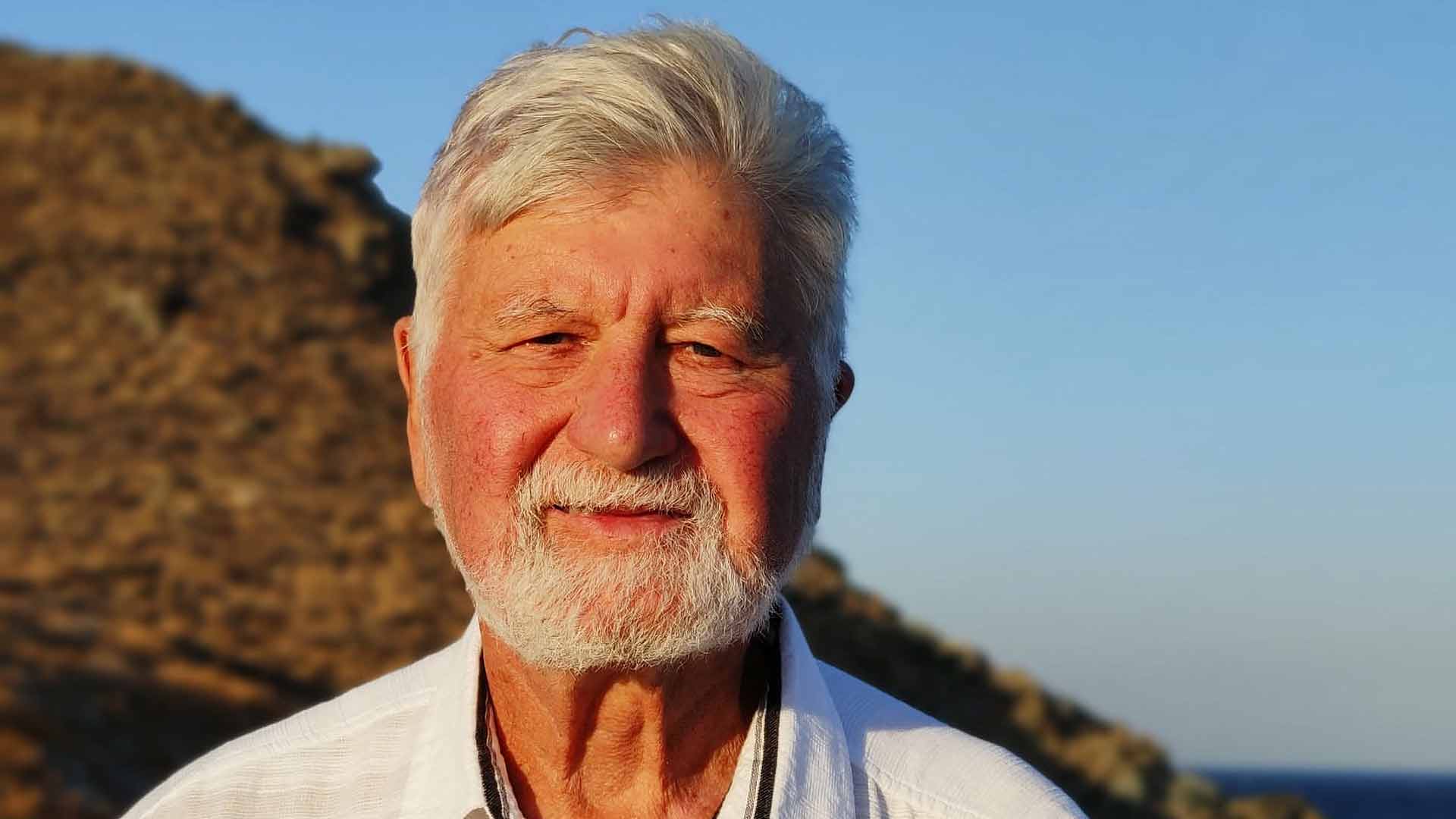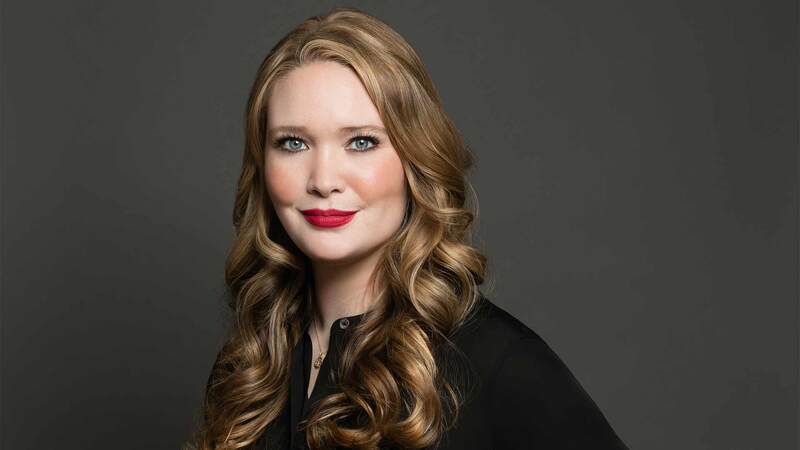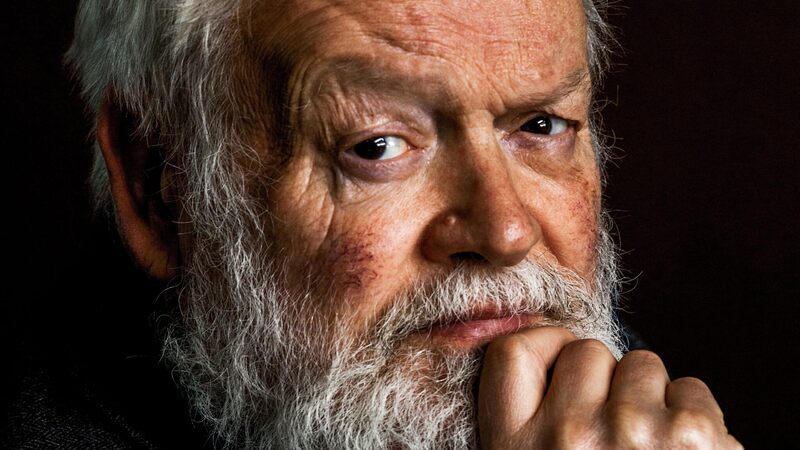You are viewing your 1 free article this month. Login to read more articles.
‘We prepare—and sometimes get lucky’
The late founder of The O’Brien Press reflects on sewing up the Irish independent’s first international rights deals.
Michael O’Brien, who founded Dublin’s The O’Brien Press 50 years ago, was working on a memoir of his career in the trade when he passed away in 2022. Though too fragmentary to release commercially, as part of its 2024 golden anniversary celebrations the Press is giving out free copies of The Accidental Publisher at this Frankfurt Book Fair. The following excerpt concerns O’Brien’s first trip to Frankfurt Book Fair (FBF) 48 years ago.
International sales of O’Brien Press titles have grown to be a central part of the business. In the early years, my first forays into this world were tentative and a steep learning curve.
Though we were a tiny publishing house, I decided to go to the Frankfurt Book Fair in 1976. FBF is the forum for worldwide deals, and is attended by thousands of publishers—small, medium-sized and huge.
It is where international sales deals are made and arrangements for translations are set up. I felt we needed to know how it worked and to see if any of our books could find an international readership through foreign rights sales and translations.
When I contacted FBF to arrange my trip, they offered to arrange accommodation at a bargain price. It was only two years after the foundation of The O’Brien Press and the sudden death of my father, my publishing partner.
I took with me photos and design layouts of two forthcoming books: Des Lavelle’s Skellig: Island Outpost of Europe; and Sharon Gmelch’s Tinkers and Travellers (with photographs by Pat Langan).
Everything for the trip was packed in an old-style suitcase (this was before the invention of wheels on travel bags). I had no appointments, but still felt I could sell foreign rights to the two books.
The fair was clearly well organised. There was an Irish stand, supported by the Irish state through Córas Tráchtála (later Enterprise Ireland), with about six publishers exhibiting. I asked to leave my case there, a move which I later learned was not popular! A few years later, when I became President of CLÉ (now Publishing Ireland), I suggested a special discount scheme for newbies at Frankfurt.
So, with my big folder of two new book designs, I wandered around the Englishlanguage hall, approaching publishers large and small to find a publishing partner. At that time, foreign language co-editions (that is, books released simultaneously in different languages, to share the cost of printing) were common.
There were many large independent English publishers that had branch offices in what were once their colonies. Some of them, I felt, looked on me as some half-educated Irish barbarian— with nothing worth considering for their market. I recall a British publisher remarking to a colleague: “Say, George, there are publishers in Ireland!” They seemed to think it was funny.
But it was an education to see and sometimes chat to world publishers, though no deals were forthcoming. On the last hour of the last day of the fair, with little to show for my disappearing shoe leather, I was advised to go to the end-of-fair ceremony, and this is where I had my chance encounter with veteran publisher Donald Sutherland, of Canada’s McGill–Queen’s University Press.
“So, who are you?” he enquired. My wasted time at the fair was getting to me at that stage. “You don’t need to know,” I told him. “I’ve walked around for a week and nothing happened.”
“Let me see anyway,” he said.
When he noticed Gmelch’s name on Tinkers and Travellers, he announced, to my total surprise: “I happen to know Sharon Gmelch. She was one of my best anthropology students at McGill.” He finished reading my outline and said, “I’ll buy it for Canadian and USA rights.”
I was astounded. Don then asked: “What else have you got?”
I recall a British publisher remarking to a colleague: “Say, George, there are publishers in Ireland!”
I showed him Lavelle’s Skellig book layout. Don smiled. “I do a lot of walking, mainly in places of historical interest, and I know Des Lavelle well. I’ve been on Skellig. You picked the right author. I’ll buy Skellig too.”
These were my first rights sales at my first book fair. Pure chance! A big lesson from this was the credibility of the authors; they were the best qualified in the world to write on those particular subjects. Skellig remains in print all these years later, updated and redesigned.
Frankfurt continues to be the best-run, biggest and most comprehensive book fair. It used to last a punishing full week, but it now takes place over five days (with a smaller attendance on the Sunday). It is highly organised, with its own jump-on bus service and moving pathways, and just about all nations come to exhibit.
The German publishers occupy one large exhibition hall, which is open to the public, with children often arriving dressed as their favourite book character. There is an Art Hall, with full-size paintings bound into huge books. Film, television and new technology are represented. Hundreds of international rights agents have their own space. There is a professional publishing lecture series, and more.
Today, the “Irish Village”—about 10 stands housing publishers, their books and Literature Ireland—is impressive. One of the highlights of the fair is our Irish Party, with on-tap Guinness, whiskey, food and a traditional Irish band providing entertainment. A major asset is the presence of our Irish Ambassador to Germany, who is usually able to make the trip from Berlin.
I have attended Frankfurt for about 45 years, and in recent years with my son Ivan by my side. We have non-stop meetings, about 70 between us. We have learned good lessons from the early days, and we prepare—and sometimes also get lucky.
The Accidental Publisher: Fragments of a Memoir by Michael O’Brien and edited by Ide Ni Laoghaire, is available at The O’Brien Press stand (Hall 5.1, C54)












